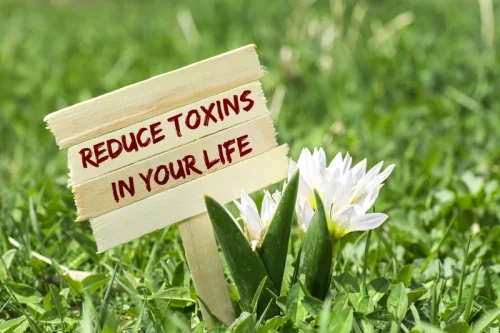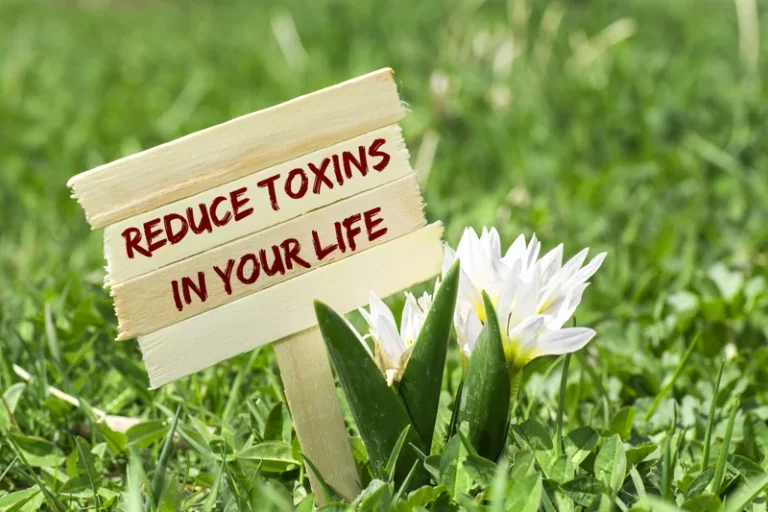
Try to maintain your own self-care routines as much as possible. It is important to set ground rules for your relationship, especially when you believe your partner may be developing or actively suffering from a substance use disorder. Boundaries are clearly outlined expectations or rules set forth so that both partners know what behaviors are acceptable.

Options for Treatment
Try to formulate statements that are positive and supportive. It also may be right to ask your loved one to seek support from a group such as Alcoholics Anonymous. It’s very important to work with a professional for an intervention to succeed.
- Instead of offering ultimatums, offer advice or options for help.
- Behavioral treatments include individual, group, and family therapy sessions.
- This guide is written for individuals—and their family and friends—who are looking for options to address alcohol problems.
Types of Treatment

Call our 24-hour confidential helpline to speak with a recovery expert. Recovery is a https://ecosoberhouse.com/ long, challenging road, and every step forward is a victory. Celebrating milestones, such as completing a rehab program or reaching a sobriety anniversary, reinforces your loved one’s progress and motivates them to keep going. These celebrations can be as simple as words of encouragement or small gestures, like a special dinner or a meaningful gift. Recognizing their achievements shows them that their hard work is noticed and appreciated. It’s common to become overly focused on the drinker’s actions and behavior and obsessively worried, which takes the focus off your own life.

Best Medical Alert Systems of 2024 Chosen by Testers
- Research the kinds of treatment that are available and discuss these options with your friend or family member.
- Lean on close friends and family – Having the support of friends and family members is an invaluable asset in recovery.
- The more symptoms you have, the more urgent the need for change.
- This can give you a better sense of how long the issue has been going on and how serious it might be.
Try to commit to at least two days each week when you won’t drink at all. ► Behavioral Health Treatment Services Locator — the U.S. During the conversation, people may want to explain the effects that the person’s drinking behavior is having on themselves and others. It might also be useful to contact a healthcare professional who specializes in addiction. They may be able to provide guidance on the best ways to approach someone with AUD. The help and support from partners, relatives, and friends are invaluable to a person with AUD.
Step 3: Pick the right time and place
This is especially true if you think your loved one may react violently or harm themselves. An intervention gives your loved one a chance to make changes before things get even worse. Severe substance use disorder can put a strain on or deplete someone’s finances. It can bring up legal troubles, put people in physical danger and lead to all sorts of other problematic scenarios. Acceptance- and mindfulness-based interventions increase awareness and acceptance of present-moment experiences. Mindfulness-based skill-building strategies promote flexible, rather than autopilot, responses to triggers that can prompt drinking.
To stop drinking alcohol, you first need to understand your relationship with drinking. From there, you may need social support, consistent self-care, and new routines that can help redirect your mind. Don’t be surprised if your first attempt to talk to your loved one alcohol addiction help about their drinking is not effective. Even when your loved one is committed to changing, it can take several rounds of treatment before they truly stop.
